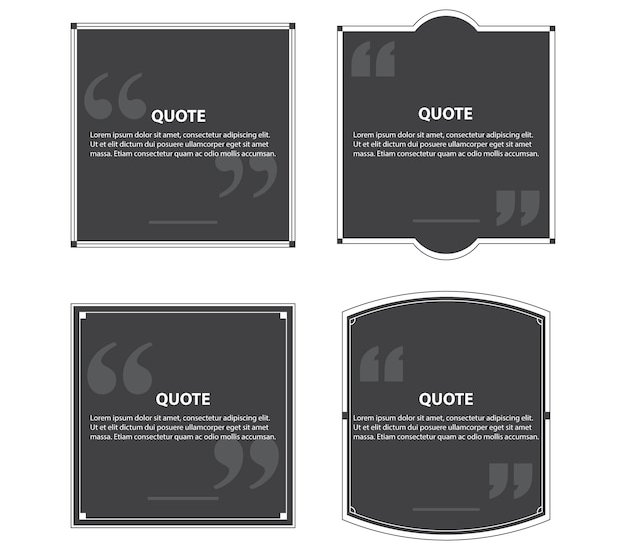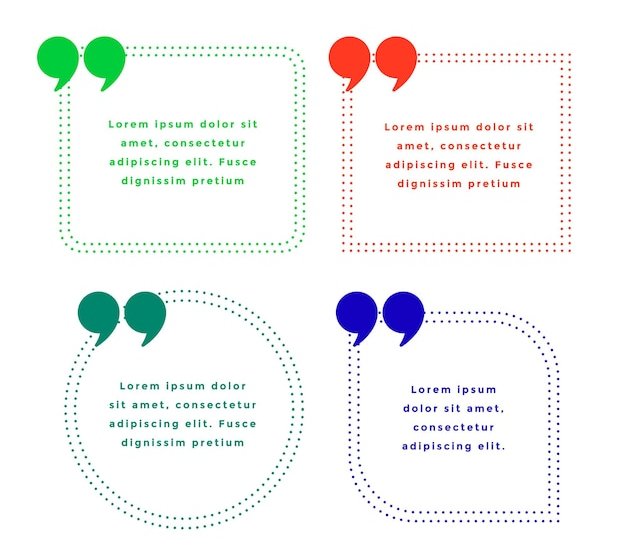Fascinating Facts About Diwali

Diwali, also known as the Festival of Lights, is one of the most significant Hindu festivals.
Diwali marks the victory of light over darkness and good over evil.
Diwali is celebrated for five days, with each day having its own rituals and traditions.
The festival usually takes place between October and November, depending on the Hindu lunar calendar.
Diwali is celebrated by millions of people around the world, not just in India.
The word Diwali comes from the Sanskrit words deepa meaning lamp and avali meaning row.
During Diwali, houses and public places are decorated with colorful lights and oil lamps called diyas.
Rangoli, a colorful design made with powdered colors, is drawn in front of homes as a sign of welcome.
Fireworks are a major part of Diwali celebrations, symbolizing the victory of light over darkness.
Diwali is an occasion for families to come together and celebrate with feasts, sweets, and exchanging gifts.
One of the most popular Diwali sweets is called gulab jamun, which are fried milk-based dumplings soaked in sugar syrup.
Diwali also marks the beginning of the new business year for many business owners in India.
On the third day of Diwali, people worship the goddess Lakshmi, the goddess of wealth and prosperity.
Diwali is an excellent opportunity to learn about Indian culture and traditions.
In some regions of India, it is believed that Diwali is the day when Lord Rama returned to Ayodhya after defeating Ravana.
Fascinating Facts About Diwali part 2
Diwali is a time for forgiveness and letting go of grudges, promoting harmony and unity.
Many people clean their homes thoroughly before Diwali, as it is believed to bring good fortune.
Some pets may feel scared or anxious during the loud fireworks, so it’s important to comfort and take care of them during Diwali.
Diwali is not only celebrated by Hindus but also by Sikhs, Jains, and Buddhists.
Crackers and firecrackers are typical during Diwali, adding to the festive atmosphere.
It is customary to wear new clothes on Diwali to symbolize a fresh start and new beginnings.
Diwali is an occasion for communities to come together and celebrate their shared values and traditions.
Exchanging gifts during Diwali is a way to enhance relationships and show appreciation to loved ones.
Diwali signifies the triumph of knowledge over ignorance.
The preparation and planning for Diwali start weeks in advance, creating a sense of excitement and anticipation.
Diwali is a time for reflection, gratitude, and appreciation for the joys and blessings in life.
Businesses often offer discounts and promotions during Diwali to attract customers and boost sales.
Many people light candles and offer prayers for their ancestors on Diwali.
Diwali is a time for self-improvement and setting new goals for personal growth.
Some people believe that gambling during Diwali brings good luck and prosperity.
Diwali is a time to indulge in delicious sweets and savory snacks like samosas and pakoras.
Apart from India, Diwali is also celebrated in countries such as Nepal, Sri Lanka, Malaysia, and Singapore.
Diwali is a time when people dress in traditional attire and attend cultural performances and events.
It is believed that during Diwali, the goddess Lakshmi visits homes that are clean and welcoming.
Schools and colleges often have Diwali-themed competitions and events to engage students in the festivities.
The cleaning and decorating of homes during Diwali are a symbolic way of preparing for a prosperous year ahead.
Diwali brings a sense of unity and inclusiveness, as people from different backgrounds come together to celebrate.
Charity is an important aspect of Diwali, with many individuals and organizations donating to those in need.
Diwali is a great time to try traditional Indian recipes and learn about the diverse cuisine of the country.
Many people light earthen lamps outside their homes to guide the goddess Lakshmi to their doorstep.
Diwali is a time for reflection on the past year and setting intentions for the coming year.
The exchange of sweets and snacks during Diwali symbolizes sharing and spreading joy.
The lighting of lamps and candles during Diwali is believed to ward off evil spirits and bring positive energy.
Diwali celebrations often include dance performances, music concerts, and theater shows.
The spirit of Diwali is not limited to just one religion or community and can be enjoyed by people of all backgrounds.

